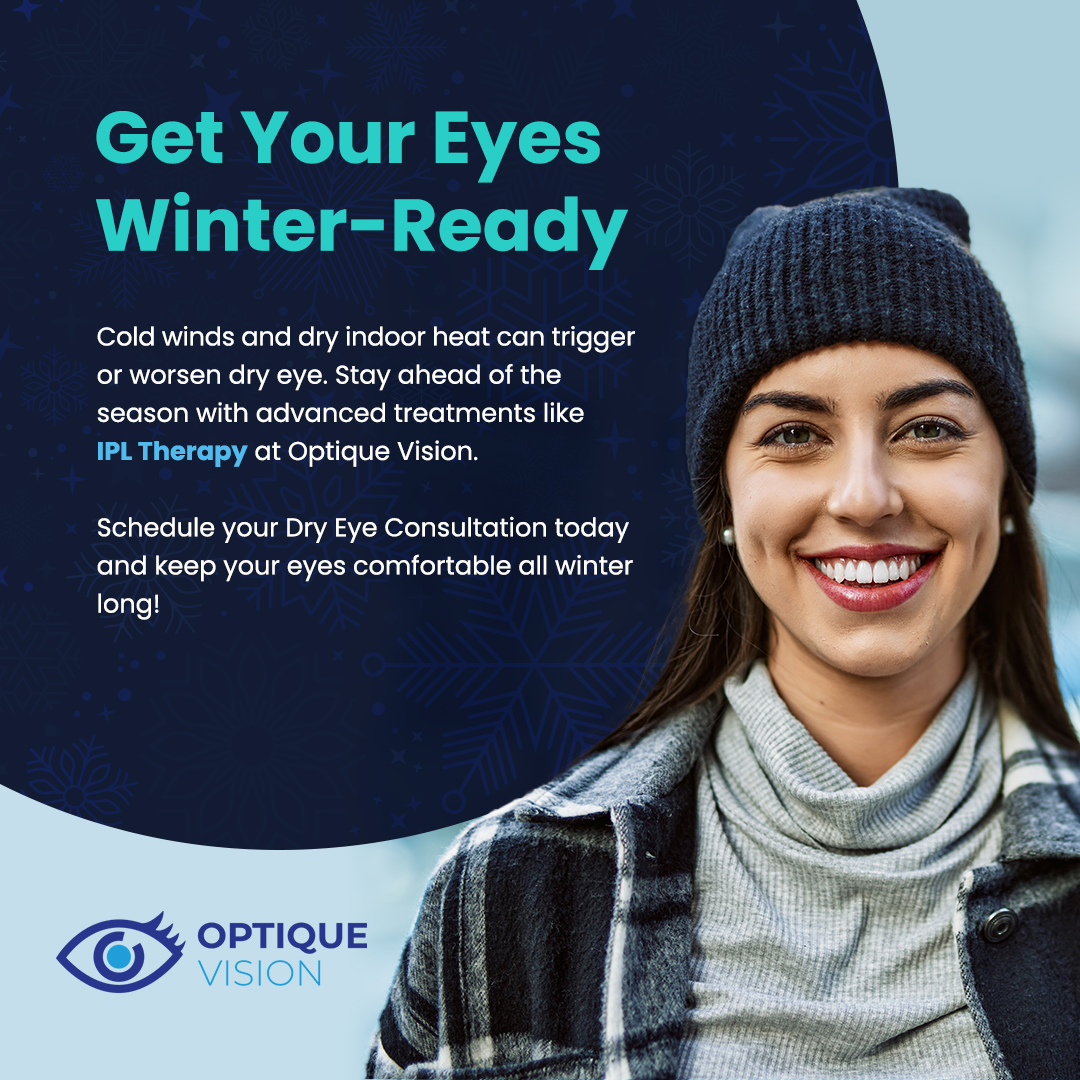
Our culture is filled with numerous health misconceptions hardly supported by facts. Always check the source's credibility, reliability, and validity when seeking health-related material. The internet is unregulated, and many sources make assertions without supporting data. False information can easily distort our perceptions and alter our choices, harming our well-being.
There is much false information available regarding your vision and general eye health. You have probably encountered several well-intentioned individuals' points of view on various facets of eye care or while conducting online research. But it is crucial to distinguish between fact and fiction. You only have one set of eyes, after all.
Debunking Common Eye Myths
1. Eye Exams Are Only Necessary If You're Experiencing Vision Issues
You should schedule an eye checkup every five years between 18 and 40. You should do it more if you have visual problems, a family history of eye illness, hypertension, or diabetes.
It would be best if you had an eye-dilating examination at age 40. After that, it’s best to get eyes checked every two to four years, then once a year until you turn 55. When caught early, diseases like age-related macular degeneration and glaucoma, which rarely show symptoms until they've advanced, may generally be treated.
2. My Eyes Will Become Weaker If I Wear Glasses
Seldom is this the case. Many people believe that after wearing glasses, their vision gets worse. This happens because your brain gets used to seeing clearly. Patients recognize the difference because prescriptions typically get a little worse over time. Whether you wear glasses or not, this would happen.
3. Floaters Are Usually Okay
Shadows or spots gliding through your visual field are known as floaters, and they might be harmless. But if you suddenly notice floaters, call your ophthalmologist immediately, especially if you also notice light flashes. These may be an indication of retinal detachment.
Floaters typically appear when the gel within your eye begins to liquefy partly. After age 50, floaters tend to become more prevalent because the process starts to accelerate as we age. If you have high blood pressure or diabetes, you are more prone to suffer floaters. But good health practices can lessen their impact.
4. Having Carrots Every Day Will Help Me See Better
Although this one is not entirely false, it is overstated. Vitamin A, found in carrots, is essential for healthy eyes and clear eyesight. Carrots are one source of vitamin A, but they are not the only ones.
Additionally, fantastic sources of vitamin A are spinach, kale, sweet potatoes, and beef liver. The lesson is to keep eating carrots and other vitamin A-rich foods, but do not count on them to cure your vision problems alone.
5. You Will Damage Your Eyes By Reading in the Dark
This myth, which has been bestowed from mother to daughter, unintentionally keeps many kids from reading a book in the nighttime. There is not a shred of evidence to support this. If the light level is insufficient to see well, you will not be able to read since your eyes will work with the present light. One cannot strain or harm their eyes by attempting to do so.
For more on debunked eye care myths, visit Optique Vision at our office in Albany, New York. Call (518) 302-2106 to book an appointment today.









